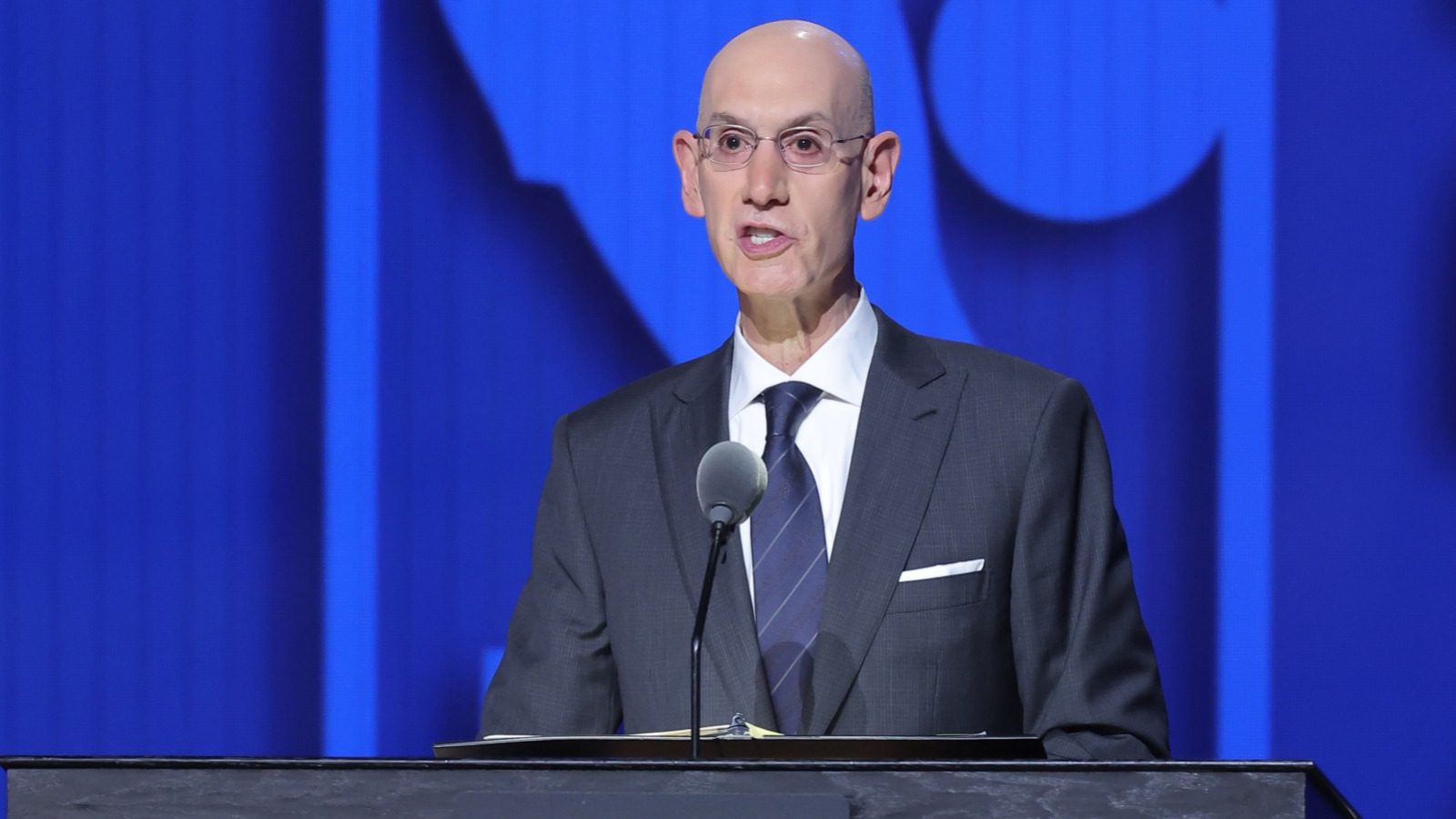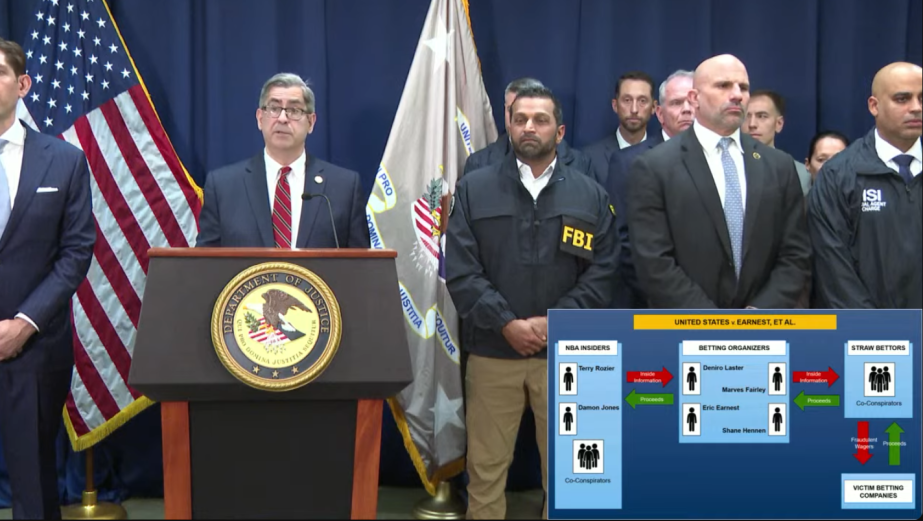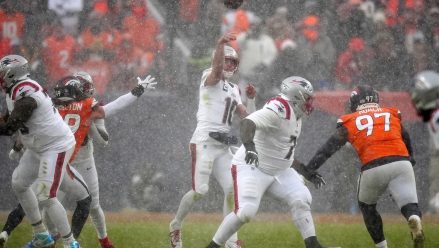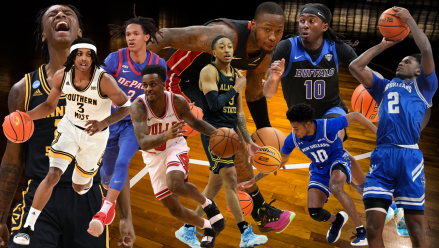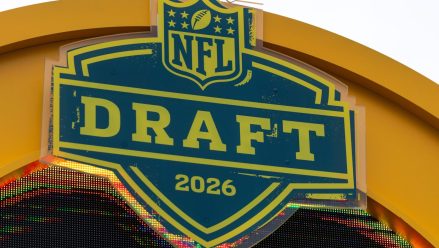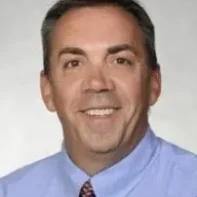The House Committee on Energy and Commerce wasted no time in seeking an explanation after the FBI Oct. 23 announced the indictments and arrests of Miami Heat guard Terry Rozier and Portland Trail Blazers coach Chauncey Billups in connection with two gambling-related scandals, one centered around poker and the other sports betting. The committee on Oct. 24 sent a letter to NBA Commissioner Adam Silver requesting a detailed “briefing” on the situation as well as answers to questions about regulations and league rules.
The committee requires a response to five questions by Oct. 31:
- Details about the fraudulent, illegal, and alleged betting practices in connection with
NBA players, coaches, and officials, including the actions of NBA players and
coaches identified in the recent indictment; as well as prior instances, some of which
are identified above. - Actions the NBA intends to take to limit the disclosure of nonpublic information for
illegal purposes. - Whether the NBA’s Code of Conduct for players and coaches effectively prohibits
illegal activity, including the disclosure of non-public information for the purposes of
illegal betting schemes. - An explanation of the gaps, if any, in existing regulations that allow illegal betting
schemes to occur. - Whether and how the NBA is reevaluating the terms of its partnerships with sports
betting companies.
Congress doesn’t regulate wagering, but …
When the Supreme Court overturned the Professional and Amateur Sports Protection Act in 2018, regulating sports betting became a states’ rights issue. The federal government currently has no say in wagering regulation, though it does continue to collect an excise tax from operators and several members of Congress have pushed for the introduction of a nationwide responsible gaming framework.
Despite the apparent lack of authority in wagering regulation, committee members wrote that “the Committee has jurisdiction over interstate commerce, consumer protection, and sports. Of note, the Committee has a long-standing role in oversight of the integrity and fairness of sport, including but not limited to investigations of steroid use in Major League Baseball, anti-doping measures in the Olympic Games, and sexual abuse of Olympic athletes.”
And dovetailing with the explosion of sports on prediction markets and the expanding legal debate about the legality of sports events contracts, ostensibly under the jurisdiction of the federal Commodity and Futures Trade Commission (CFTC), perhaps Congress is seeking to decipher where it fits in.
Rep. Paul Tonko, co-author with Senator Richard Blumental of the SAFE Bet Act, which would not only create a federal framework around responsible gaming, but would also require states to seek permission from the U.S. attorney general to offer betting, is a member of the Energy and Commerce Committee.
“Scandals like this show what happens when the sports betting industry grows without enough oversight,” Tonko said in a statement, according to News Channel 13. “Easy, constant access to gambling undermines public trust in sports. It’s past time for the NBA and other professional leagues to support establishing national safety standards.”
NBA suspended Rozier, Billups
Rozier and Billups were immediately suspended, and Rozier has been under investigation by the FBI since January, though in its own investigation, the NBA said it did not find Rozier to be in violation of league rules. Per a federal indictment, Rozier was one of six defendants arrested in “Operation Nothing But Bet,” and is suspected of sharing confidential player information that led to rigging games or certain player performances.
Billups, who also played a smaller role in the wagering scandal, was arrested for his alleged involvement in an illegal poker game that had Mafia connections. Former NBA player Damon Jones was also arrested in the wagering scandal.
The NBA already has in place a zero-tolerance policy for employees with regard to betting on the league or other basketball leagues associated with it, including the G League and the WNBA. In April 2024, after federal investigators indicted former two-way player Jontay Porter in a match-fixing scheme, Silver banned him from the NBA for life. In addition, the league explicitly bans “influencing or manipulating” a game or disclosing confidential information to anyone who does not have a “legitimate need for it.” Players are made aware of the policies not only by the league, but also in team handbooks.
Beyond that, the league last fall updated its cell phone and social media policy, which bars players and coaches from using their devices from 45 minutes before tip-off until after a game has ended. The NBA Players Association has additional privacy rules, and has lobbied in many state capitals to make it illegal to share private information, including health information.
While the NBA has its own policies, most state regulators and operators also have policies with relation to professional athletes and betting. State regulators across the U.S. ban professional athletes from betting on their own sports, and operators are supposed to keep an involuntary exclusion list, which, in theory, would include professional athletes and pro league employees.

